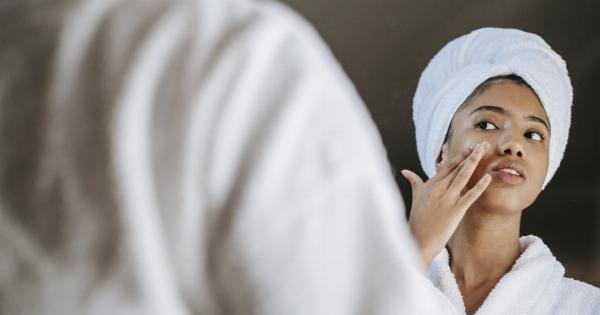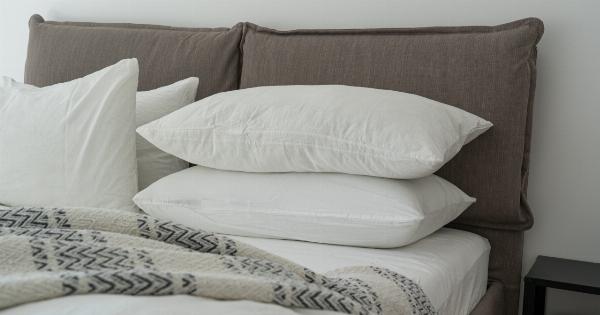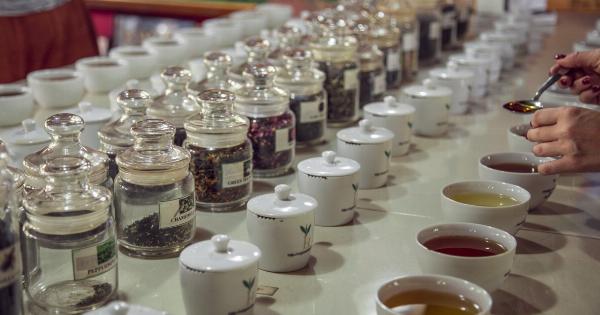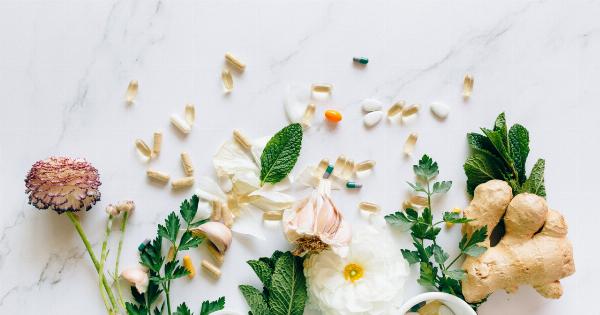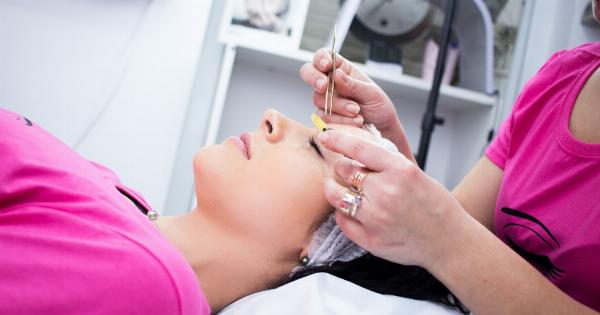Lavender, with its soothing aroma and delicate purple blossoms, has long been known for its calming properties.
But did you know that there is actual science behind the benefits of lavender? From improving sleep to reducing anxiety and easing pain, lavender is a powerful tool for your health and well-being.
What is Lavender?
Lavender is a flowering plant native to the Mediterranean region. The plant produces tiny purple flowers that grow in clusters on long stems. Lavender is a member of the mint family and is known for its distinctive scent.
The oil in the lavender plant is extracted and used for a variety of purposes, including aromatherapy and alternative medicine.
Aromatherapy
The use of lavender essential oil for aromatherapy has been practiced since ancient times. Lavender is often used in diffusers or added to bath water to create a relaxing atmosphere.
The scent of lavender has been shown to have a calming effect on the nervous system, helping to alleviate stress and anxiety. Studies have also found that lavender can help improve sleep quality, reducing the amount of time it takes to fall asleep and increasing the amount of deep sleep experienced.
Anxiety and Depression
Research has shown that the use of lavender can help alleviate symptoms of anxiety and depression.
A study published in the Journal of Complementary and Alternative Medicine found that inhaling lavender essential oil reduced symptoms of anxiety in patients undergoing coronary artery bypass surgery. Another study found that lavender oil aromatherapy could effectively reduce anxiety in women undergoing gynecologic surgery.
Pain Management
Lavender has also been found to be effective in managing pain. A study published in the European Journal of Integrative Medicine found that women who inhaled lavender essential oil reported less pain while undergoing a needle biopsy.
Another study found that lavender oil massage could reduce the severity of menstrual cramps. Lavender oil has also been found to be effective in reducing the pain associated with osteoarthritis.
The Benefits of Lavender for Skin
Lavender is also known for its benefits for the skin. The antibacterial properties of lavender make it effective in treating acne and other skin irritations. It can also be used to soothe sunburn and reduce inflammation.
Lavender oil can be added to a carrier oil, such as coconut or olive oil, and used topically for these purposes.
How to Use Lavender
There are many ways to incorporate lavender into your routine for its health benefits. Lavender essential oil can be purchased and used for aromatherapy or added to a carrier oil for topical use.
Dried lavender can be used to make tea or added to recipes for a floral flavor. You can also grow your own lavender plant and use the fresh flowers in cooking or for making DIY products.
Cautions
While lavender is generally considered safe, there are a few things to keep in mind. Essential oils should always be diluted before use, as they can be irritating to the skin when used undiluted.
Ingesting lavender oil can also be dangerous and should only be done under the guidance of a healthcare professional. If you have allergies to plants in the mint family, you may also be allergic to lavender.
Conclusion
Lavender is a versatile plant with many proven benefits for your health and well-being. From reducing anxiety and depression to improving sleep and easing pain, lavender is a valuable tool to have in your wellness toolkit.
Whether you use it for aromatherapy, skincare, or culinary purposes, incorporating lavender into your routine can help you feel your best.










